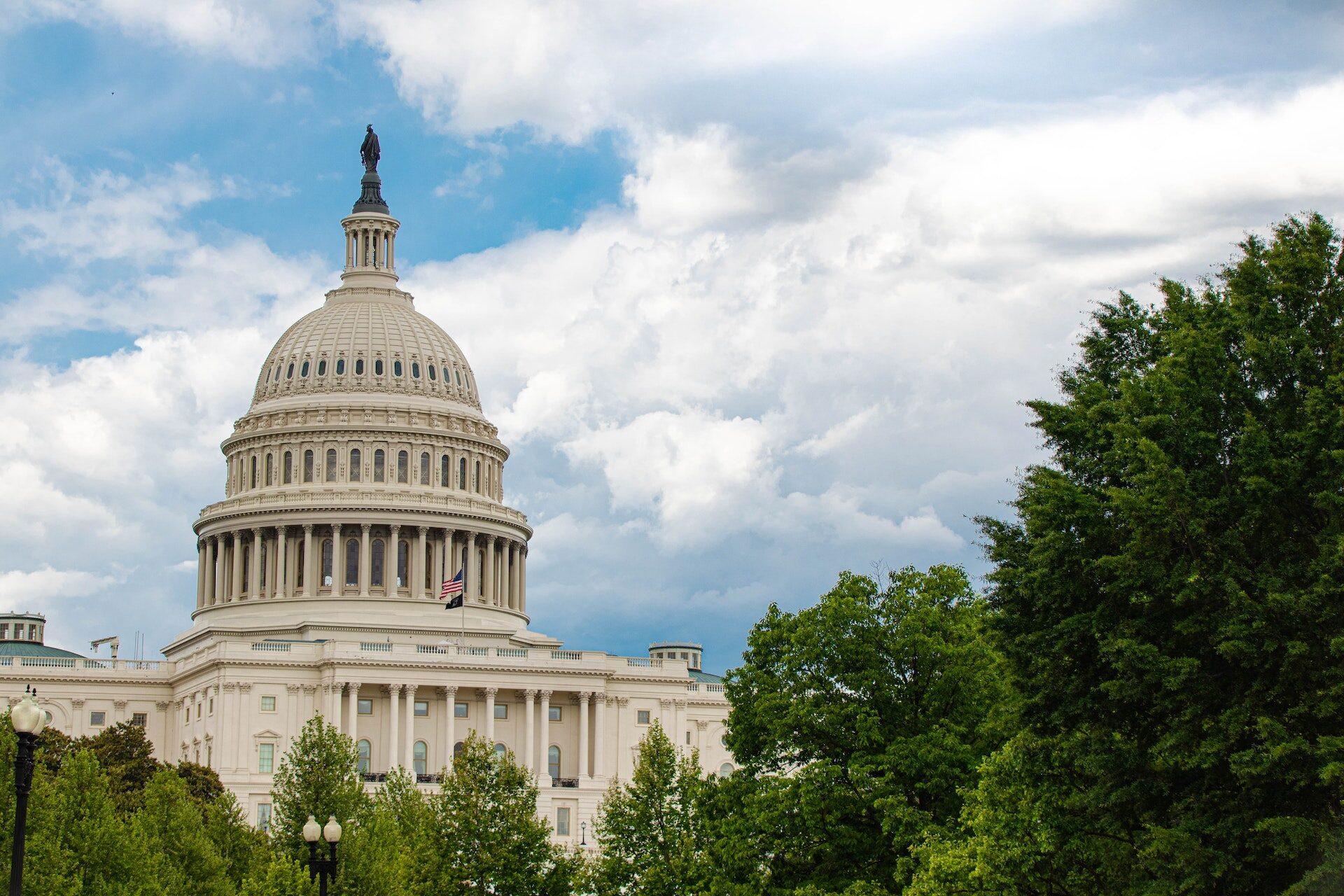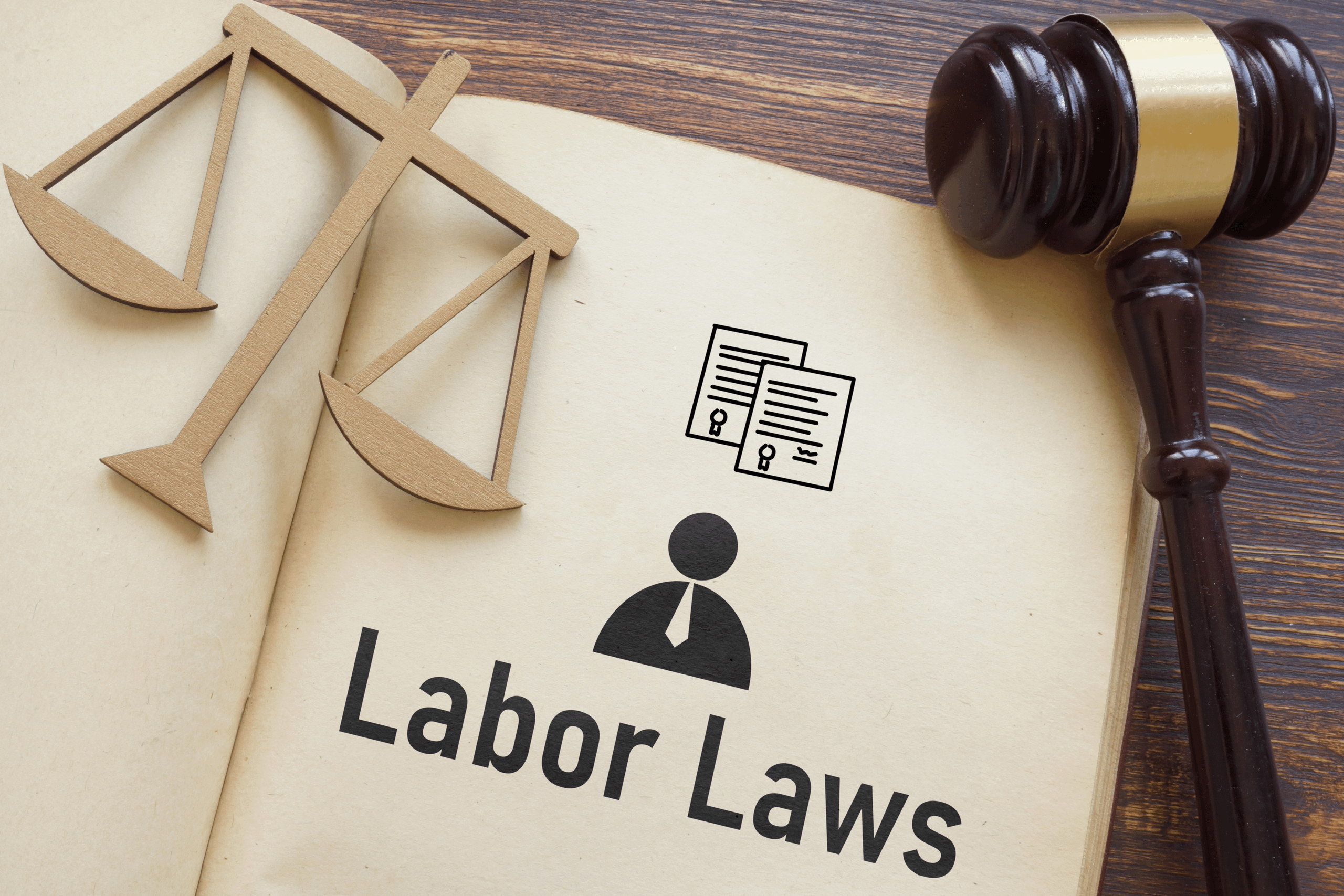Dear Friends and Clients,
On June 3, 2020, the Senate unanimously passed the Paycheck Protection Plan (“PPP”) Flexibility Act of 2020. The bill now heads to the President’s desk for signature and is expected to be promulgated into law in the coming days. The PPP Flexibility Act provides greater flexibility to the PPP loan forgiveness process and provides hope to many small business owners as the effects of the Covid-19 crisis last longer than initially expected. During these unprecedented times, Abrams Fensterman, LLP has been working ardently to interpret the changing loan provisions so that we can advise and guide you on the resulting implications that the act will have on PPP loan forgiveness.
Below is a summary of the key provisions of the PPP Flexibility Act:
- PPP Loan Term: The PPP Flexibility Act extends the minimum maturity of the loan from 2 years to 5 years which is expected to alleviate some of the pressures felt by small businesses.
- Covered Period: The PPP Flexibility Act extended the period in which a loan recipient may use funds for certain expenses while remaining eligible for forgiveness from 8 weeks to 24 weeks, or June 30, 2020 to December 31, 2020 and gives the borrower the option to choose the 8-week period if the borrower received the loan prior to the enactment of the amendments.
- Forgivable Payroll Changes: The PPP Flexibility Act raises the non-payroll portion of a forgivable covered loan amount from the current 25% up to 40% which will be beneficial to many small business owners seeking to use a greater portion of the forgivable loan to pay rent and utilities.
- Full Time Employee (“FTE”) Requirement Changes: The PPP Flexibility Act extends the period in which an employer may rehire or eliminate a reduction in employment, salary, or wages that would otherwise reduce the forgivable amount of a paycheck protection loan from June 30, 2020 to December 31, 2020. However, the forgivable amount must be determined without regard to a reduction in the number of full-time equivalent employees if:
- an eligible recipient, in good faith, is able to document: (i) an inability to rehire individuals who were employees of the eligible recipient on February 15, 2020; and (ii) an inability to hire similarly qualified employees for unfilled positions on or before December 31, 2020. (or)
- if the borrower, in good faith, is able to document an inability to return to the same level of business activity as such business was operating at before February 15, 2020, due to compliance with requirements established or guidance issued by the Secretary of Health and Human Services, the Director of the Centers for Disease Control and Prevention, or the Occupational Safety and Health Administration during the period beginning on March 1, 2020, and ending December 31, 2020, related to the maintenance of standards for sanitation, social distancing, or any other worker or customer safety requirement related to COVID–19.
- Deferral Period: The PPP Flexibility Act for paycheck protection loans now allows recipients to defer payments until they receive compensation for forgiven amounts. Therefore, no payments are required until loan forgiveness has been determined. Recipients who do not apply for forgiveness shall have 10 months, instead of the initial 6 months, from the program’s expiration to begin making payments.
- Option to Delay the Payment of Payroll Taxes: The PPP Flexibility Act removes a provision that makes a paycheck protection loan recipient who has such indebtedness forgiven ineligible to defer payroll tax payments and now allows borrowers who applied for PPP forgiveness to take advantage of Section 2302 of the CARES Act, which allows companies to delay the payment of payroll taxes.
- Considerations: The PPP Flexibility Act does not address the IRS’ recent interpretation (Notice 2020-32) that the PPP 1) denies tax deductions for payroll, mortgage interest, rent or utility expenses that were paid with PPP loan proceeds and 2) confirms that forgiven PPP loans will not be included in a taxpayer’s gross income. Nor does the PPP Flexibility Act add any new funding to the program.
For your review, the entire bill can be found here.
If you need assistance with any aspect of the PPP loan program, including applying for a PPP Loan, applying for loan forgiveness, or questions with regard to the proper use of the funds, please contact Melanie I. Wiener, Esq. at [email protected] or Melody Schor, Esq. at [email protected] to schedule a consultation with one of our attorneys who is ready to assist you through this difficult time.





